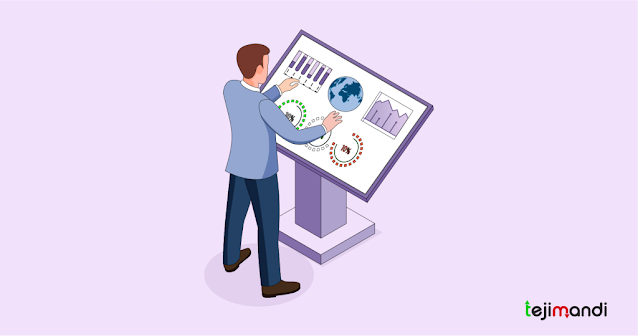The Difference Between the Primary and Secondary Market
Are you new
to investing and unsure how to navigate the capital markets? You have come to
the right place. TejiMandi carries the legacy of Motilal Oswal Financial
Services, as a direct subsidiary of the behemoth. As SEBI-registered portfolio
managers, our teams of in-house experts have solutions to all your investing
queries and are adept at provisioning tailored portfolio management services to
you.
The capital
market is a platform where buyers and sellers trade various financial
instruments such as bonds, stocks, and other securities. It is a medium for
transferring capital from investors to companies that need the money to finance
business ventures and investments. The term ‘capital market’ includes in-person
and digital trading spaces with further classification into primary and
secondary markets.
Here’s an in-depth look into the primary market vs secondary market differences and their meaning. However, it is pertinent to understand the types of securities that investors encounter in capital markets before discussing primary and secondary markets. Let us have a look at that first.
Types of securities in capital
markets
Capital
markets primarily deal with equities and debt securities. Both equity and debt
securities are forms of investments with different risks and returns for the
investor. Here’s a more detailed explanation of the two:
Equity Securities: An equity security is traded on the
stock market and represents the ownership interest of shareholders in a company
or business venture. Equity securities translate to shares of capital stock,
including shares of common and preferred stocks. Holding equity shares of a
company means owning a portion of that company, and the shareholder is entitled
to the company’s future earnings.
Although
equity shareholders may profit from capital gains when they sell the
securities, they may not receive regular payments. However, equity shareholders
get some degree of control over the company via voting rights. Moreover, they
get a share of the residual interest incase of bankruptcy.
Know more
about investing in equities in our article on Equity
Investments: Benefits, Considerations, And Must-Know Tips on the Teji
Mandi blog.
Debt Securities: Unlike equity securities, debt
securities entitle the lender to receive a stream of interest payments and
other contractual rights, except voting rights, while requiring the borrower to
repay the principal amount borrowed too. These are IOUs in the form of bonds
and notes and represent the borrowed money that must be paid back with
interest. Debt securities typically have specific terms stipulating the loan
size, interest rate, debt maturity, and the renewal date.
Some
examples of debt securities include fixed deposits, certificates of deposits,
government and corporate bonds, and collateralised securities.
Types of Capital Markets: Primary
Market v/s Secondary Market
Capital
market transactions take place through primary markets and secondary markets.
In other words, investors can buy and sell securities in two types of markets.
Primary Market
The primary
capital market is where a company sells new bonds and stocks to the public for
the first time. The initial public offerings – or IPOs – take place in the
primary market.
The company
that issues securities hires underwriters who help them correctly price their
securities, buy those securities from them (which ensures all of their stock
offerings are taken up), and then further sell them using their underwriting
network. Say the underwriters, also known as book-running lead managers,
determine the issue price of the stock at Rs. 100. Thus, investors in a primary
market can buy the shares of the IPO at Rs. 100 directly from the issuing
company. Any shares that are left in the market are purchased by the
underwriters, thereby transferring the risk of buying the securities onto them.
The term
primary market stems from the fact that investors can first-hand contribute
capital to the company by purchasing the stock.
Secondary Market
If a primary
market creates securities, a secondary market is where the securities’ trading
occurs. Popularly known as the stock market, the secondary market includes the
BSE, NSE, NYSE, NASDAQ, and all stock exchanges around the world.
Investors
trade previously issued securities in a secondary market, but these
transactions do not involve the issuing company. For example, if you buy a
stock of Tata Consultancy Services (TCS), you are dealing only with another
investor who owns shares in TCS. However, TCS has no direct involvement in this
transaction. Read more about the primary
and secondary market




Comments
Post a Comment